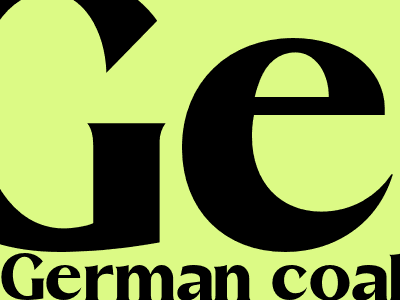
German Coalition Government Collapses After Failure to Negotiate Gas Levy
Laschet's Departure Weakens Three-Party Alliance
The German coalition government has collapsed after the Free Democratic Party (FDP) and the Greens withdrew their support for Chancellor Olaf Scholz's proposed gas levy. The levy, intended to help cover the costs of replacing Russian gas imports, had been heavily criticized by both parties.
The FDP argued that the levy would unfairly burden consumers and businesses, while the Greens said it would not do enough to reduce Germany's dependence on Russian gas.
Laschet's Departure Weakens Three-Party Alliance
The collapse of the coalition government is a major blow to Scholz, who has been in office for just over a year. It also weakens the three-party alliance that has governed Germany since 2021, which includes Scholz's Social Democratic Party (SPD), the FDP, and the Greens.
Scholz has said he will continue to lead a minority government, but it is unclear how long he will be able to do so. The FDP and the Greens have both said they will not support Scholz in a vote of confidence, which would require him to resign.
The collapse of the coalition government is likely to lead to a period of political instability in Germany. The country is facing a number of challenges, including the war in Ukraine, the energy crisis, and the rising cost of living.
It is unclear what will happen next. The FDP and the Greens have said they are open to forming a new government with Scholz, but it is unclear if they can agree on a common platform.
If Scholz is unable to form a new government, Germany could be forced to hold new elections. However, it is unclear when this would happen.